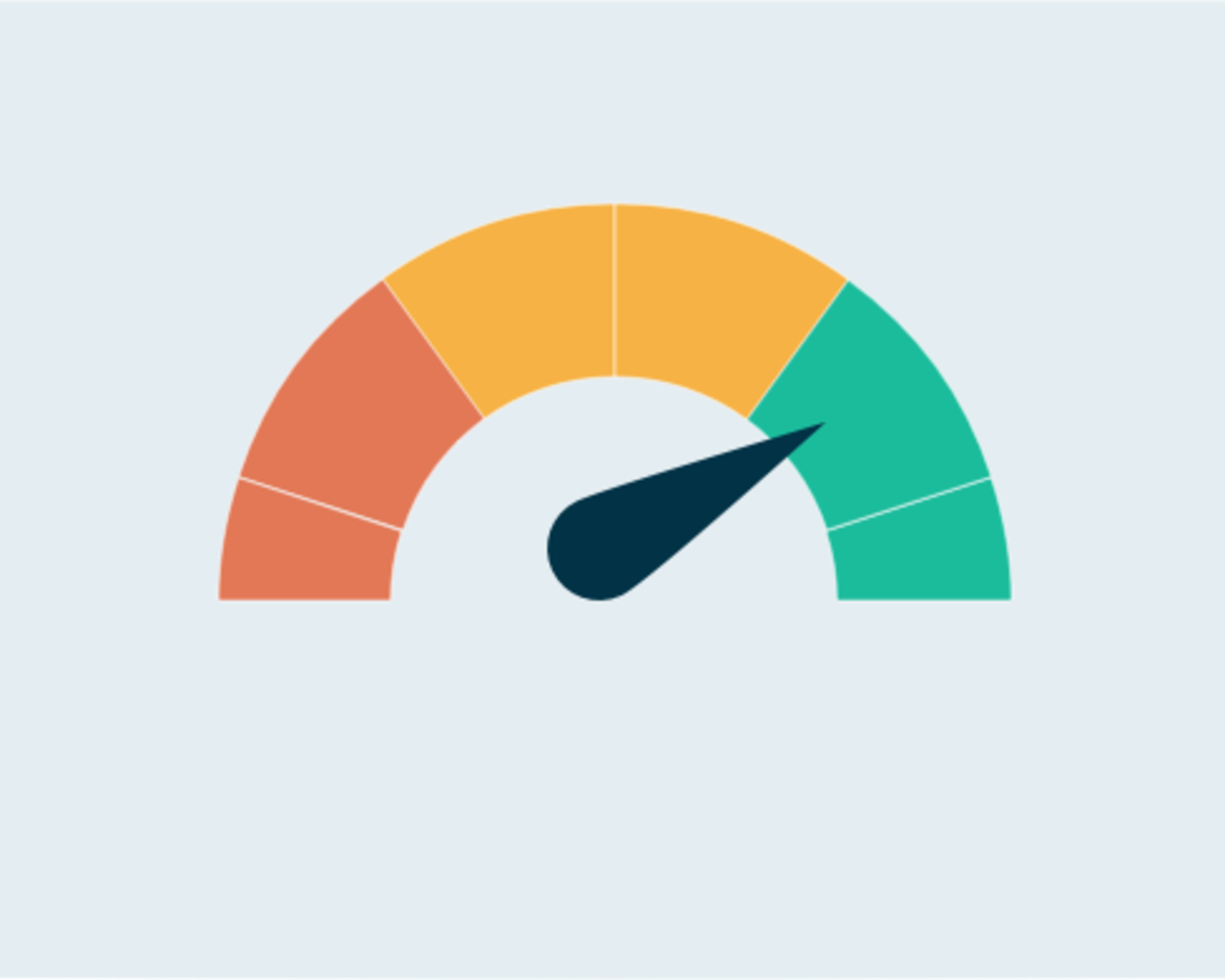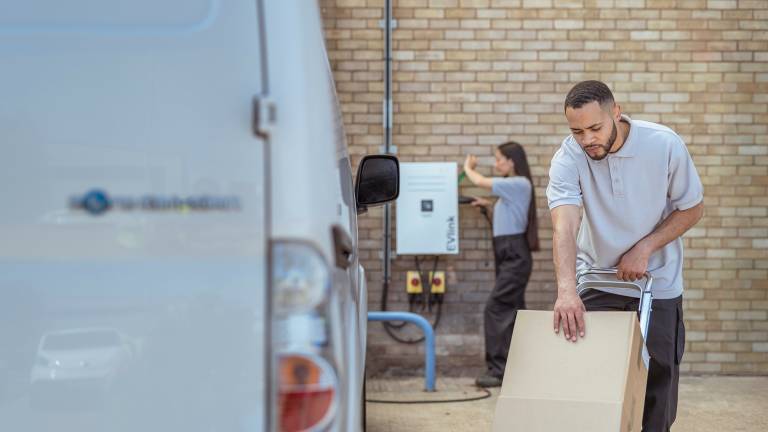
Is EV for me? Vans and business
Should I invest in an electric van?
Of course, we want you to go electric, but we don't want you to make a bad investment. It's too important.
So, should you go for it?
Here's our two-minute guide.
IT'S CHEAPER: It can work out as low as 5p per mile to run an electric van over three years.
SAVE ON FUEL: If you drive more than 475 miles in an average working week (25,000 miles a year), fuel savings will more than pay for it.
SAVE BY CHARGING OVERNIGHT: If you can, charging up at home or at work overnight will save you the most money. It can be as low as 5p per kWh, compared to an average daytime price of around 17p per kWh.
GET A GRANT: You can get up to £350 per socket from the government to help install charging points with a Workplace or Home Charging Grant.
MORE RELIABLE: If you make lots of stops, that’s hard on diesel engines. Electric vehicles are more reliable and cheaper to maintain. You can expect to save about 25% on your garage bills.
Read on to find out how much you could save, how to get a charging point installed at home or work and what grants are available.
There are plenty of reasons why staying up-to-date with the fast-moving world of EV could help you make the decision to switch, and save you money:
The cost of electric vehicles is coming down rapidly.
Battery range is improving all the time. It's gone up by half in the last ten years, and continues to improve.
There are nearly 42,500 charging connectors across the UK, with more popping up all the time.
So it's worth checking back soon, and keeping an eye on Zap-Map to see where you could plug into a charging point.

How do the sums stack up?
You could save £thousands by going electric*
50,000 miles per year - save £5,000
35,000 miles per year - save £2,500
25,000 miles per year - save £600
* Figures are based on buying an electric van outright plus charging, maintenance and 'road tax' costs over three years.
Of course, your exact savings will vary - it depends on how you use your vehicle.
So, where will those savings be made?
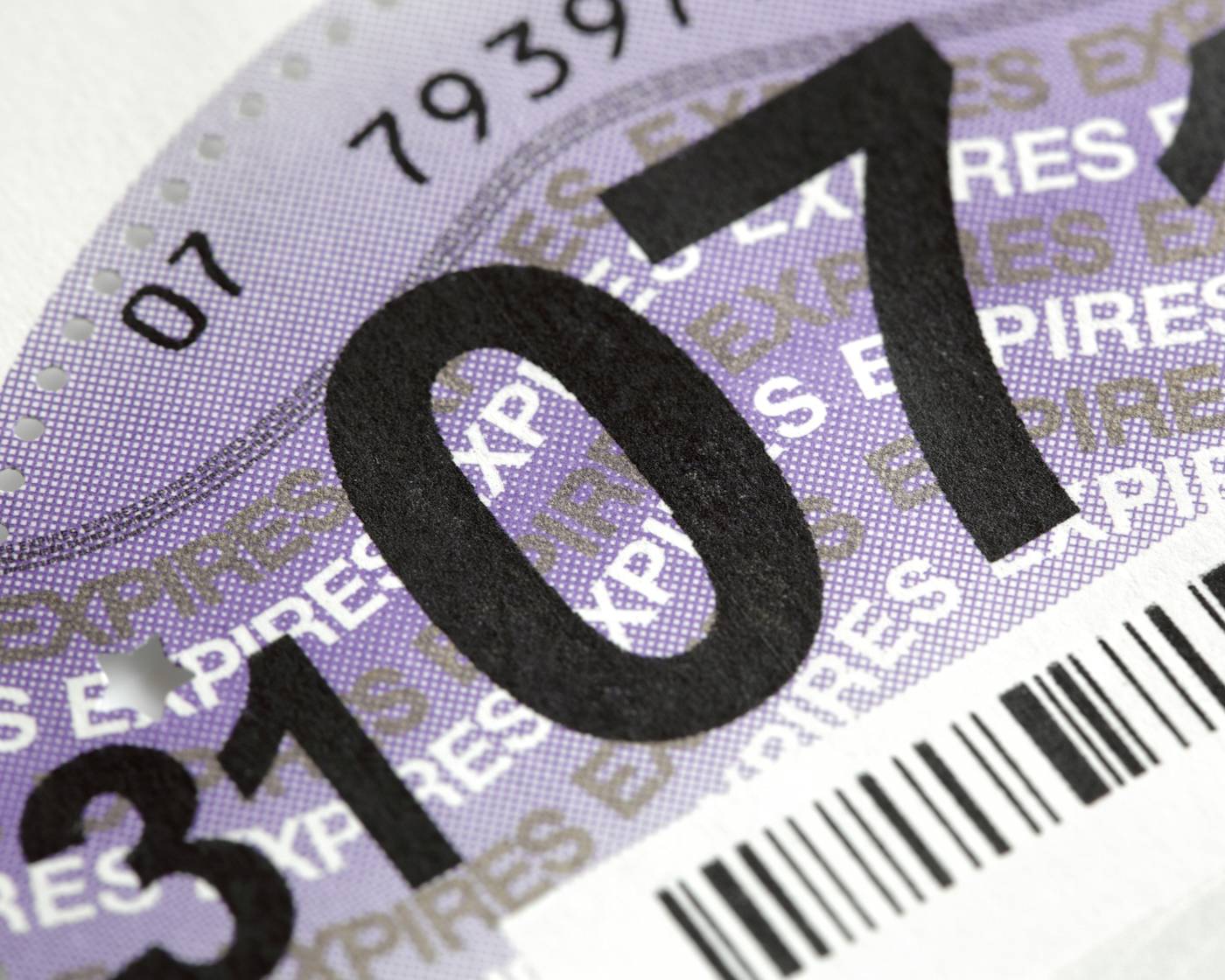
£FREE 'road tax'
Most electric vans are zero-rated for Vehicle Excise Duty (what used to be called ‘road tax’). You can check VED savings here:
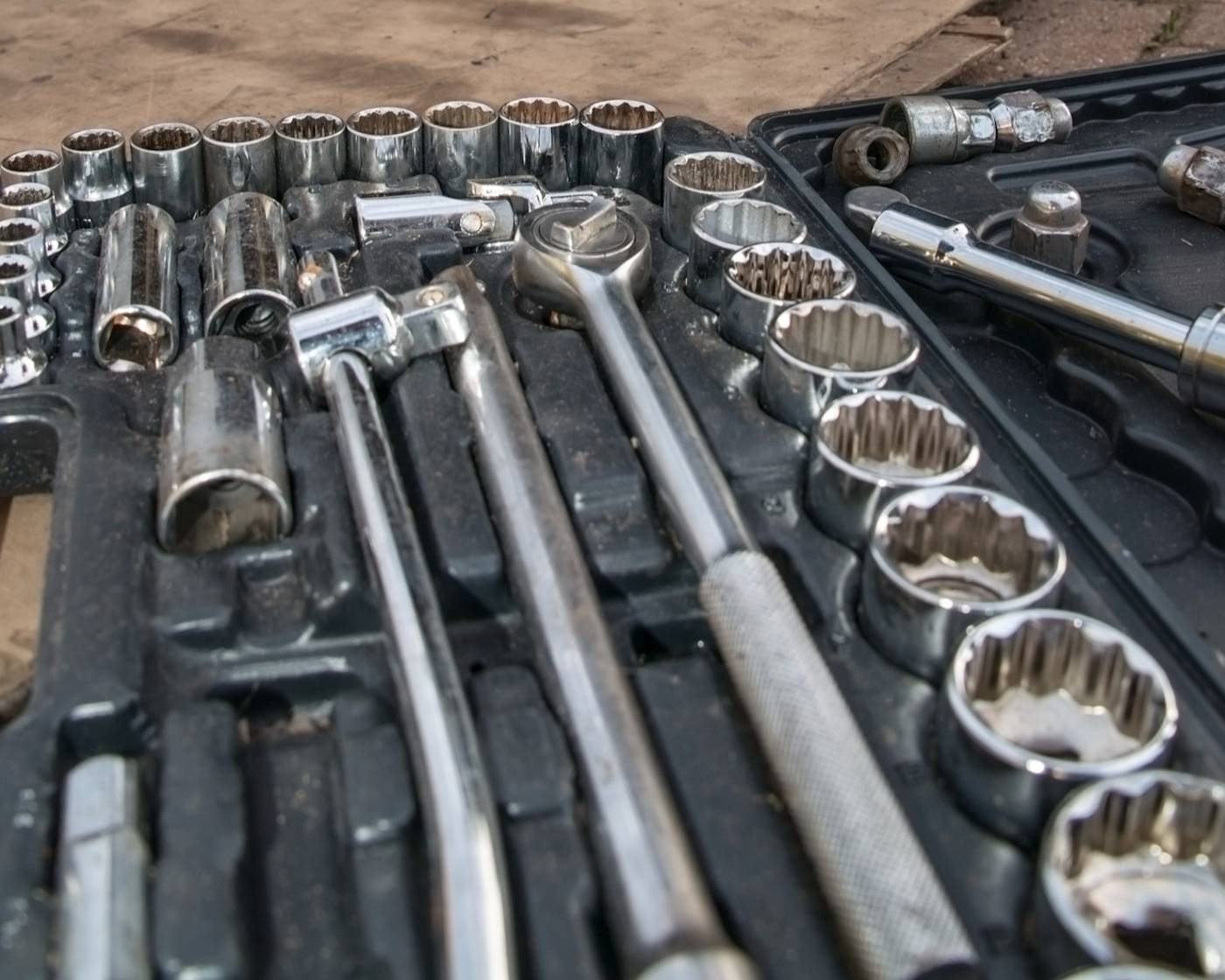
Cheaper maintenance
Save up to 25% on your maintenance bills. Electric vans are more reliable than diesel and petrol, especially if you make a lot of short journeys.

Help with the cost of installing a charger
The government offers a Workplace Charging Grant or Home Charging Grant of up to £350 per socket to help install charging points.
Seven years on, still going strong
"It's done almost 60,000 miles since new and is still at 100% battery health. In fact, it's only had new tyres and brake pads in seven years."
Paul Lewis, Travel Planning and Logistics Manager, Manchester Metropolitan University
Manchester Metropolitan University (MMU) have had their Nissan EN-NV200 electric van since 2014. The Facilities team originally used it to deliver and collect internal mail between the university's Crewe and Manchester campuses every day - a round trip of about 80 miles. Since the Crewe campus closed in 2018, it's making regular trips to various sites around Greater Manchester.
The van is one of MMU's 14 EVs, and Paul is pleased with its reliability, performance, and the cost savings he’s seen.
“We’ve saved around £5,000 in fuel costs compared to our previous diesel,”
“We’ve had no problems with the battery and have just extended the lease on it. We also have electric vans which we’ve bought outright with five-year battery warranties.”
And, after being unsure at first about driving an electric van, Paul’s team have been converted.
“Our team love it! They can’t believe the difference in driving experience – it doesn’t feel like you’re driving a van.”
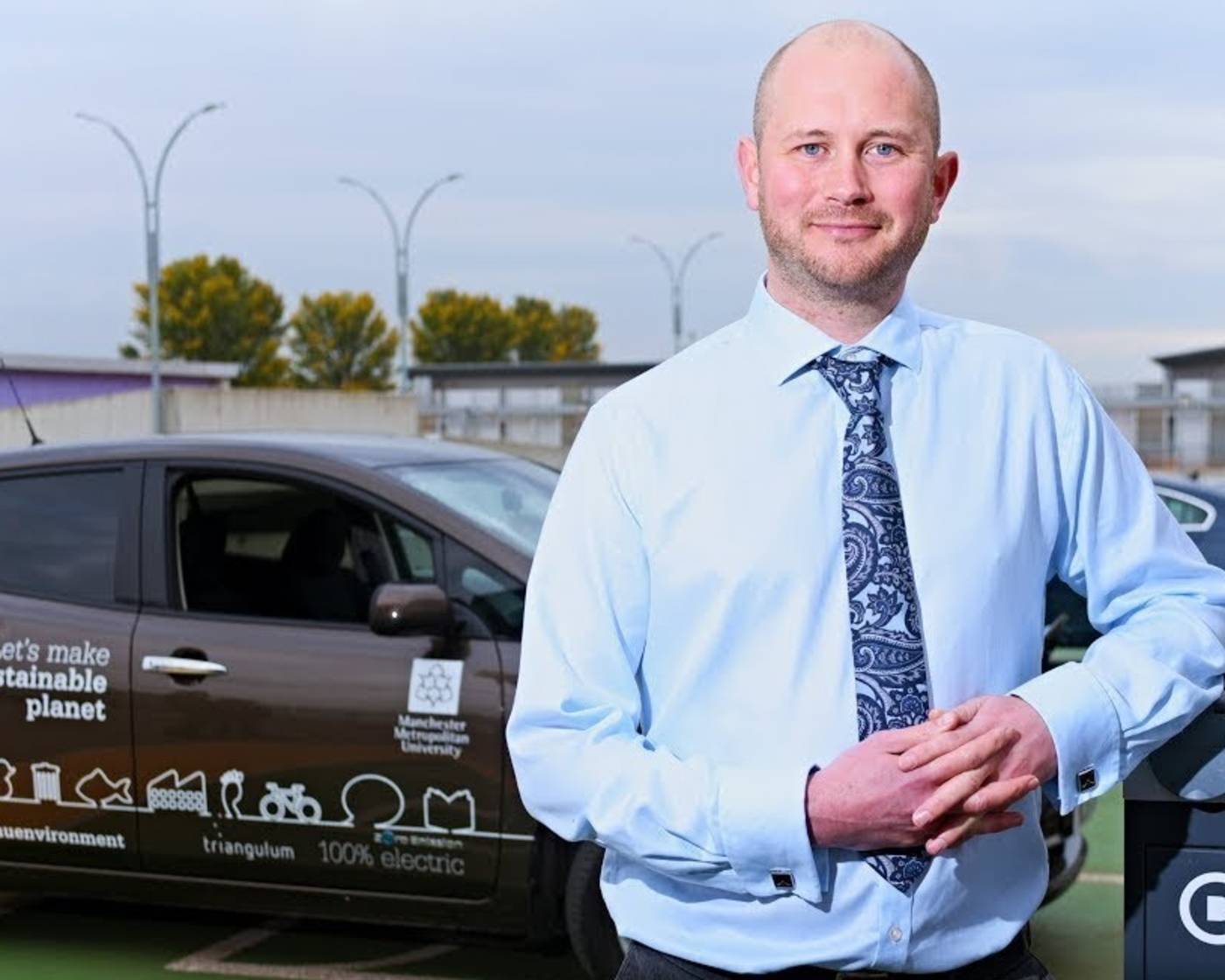
What's stopping you?
Let's talk batteries, range and second-hand vans
What kind of range should I expect from my van?
A typical mid-size van like a Nissan E-NV200 can do around 125 miles of city driving, which is ideal for stop-start journeys. You'll get more range during longer drives.
Some vans can do up to 250 miles on a charge.
There are now more public charging points in the UK than there are petrol stations.
Every motorway service station has at least one rapid charger that can charge a van up to 80% in 45 minutes.
Will the battery fail or fade out after a few years?
A common misunderstanding is that EV batteries degrade as quickly as they do in your phone.
They don't.
Most manufacturers offer up to a seven-year warranty on batteries to highlight how reliable they are. And EV batteries are made up of many small cells, so if one is faulty, it can be removed and replaced. You don't have to change out the whole battery because of a couple of dodgy cells.
Do laden weight and cold weather affect range?
Whether you’re driving a diesel or an electric van, carrying a load obviously reduces your mileage, and the effect on an EV is no different than a diesel.
Many people believe that batteries die far more quickly in the cold. What Car recently put the range loss on cold days at around 10-15 miles on a car with a 160-mile range. That's less than 10%.
It's not as big a problem as you might think - unless you're planning to drive to the Arctic circle.
Are second-hand vans a good option?
The second-hand market is growing fast. Electric vans are a bit harder to come by than cars, but that is changing as more eVans come onto the market. With the big fleets all going electric, you'll be spoiled for choice soon as they tend to refresh their vehicles every few years.
The most important thing to check is the battery, and there are easy ways to do this. During a service, the manufacturer will always give the battery a health check so, if you’re buying a used electric van, make sure you see the most recent battery test report.
Don't forget - many manufacturers are giving battery warranties of up to seven years. Make sure you also get details of the battery warranty and any battery hire agreement which may come with the van.
What if I can't charge up at home or work?
If you don't have off-street parking or a depot for your van, charging does get trickier. But modern, public rapid chargers can charge your van in under an hour. And you don't have to fully charge it every time.
You can add 50 miles of range in 15 minutes at a rapid charger. So, with a bit of thought, you can plan this into your schedule and never run out of charge. Obviously, that sounds like a hassle, but compare it to the gains - if you can save £30 on every single fuel stop with a bit of planning, isn't that worth it?
More public rapid chargers are going live across Greater Manchester all the time.
Many supermarkets now have rapid charging points - stock up and charge up at the same time.
Every motorway service has at least one rapid charging point.
Vans can be slow-charged through a standard three-pin plug socket and many customers are happy to let you charge your van while you work.
To find a map of all the UK's charging points, head over to Zap-Map.
Confused about rapid v fast chargers? Check out our guide to charger types and typical charging times.
How do I get started?
Help installing home or business charging points
The government has grants available for people and businesses looking to install chargers at home or work. To find out more and apply for a grant, visit the Office for Zero Emission Vehicles (OZEV) grants page.
More advice
For the latest help to save money by becoming an EV driver, check out the Energy Saving Trust website.
What about cars for business travel?
If you're looking for info on electric cars for business, we've got you covered.
